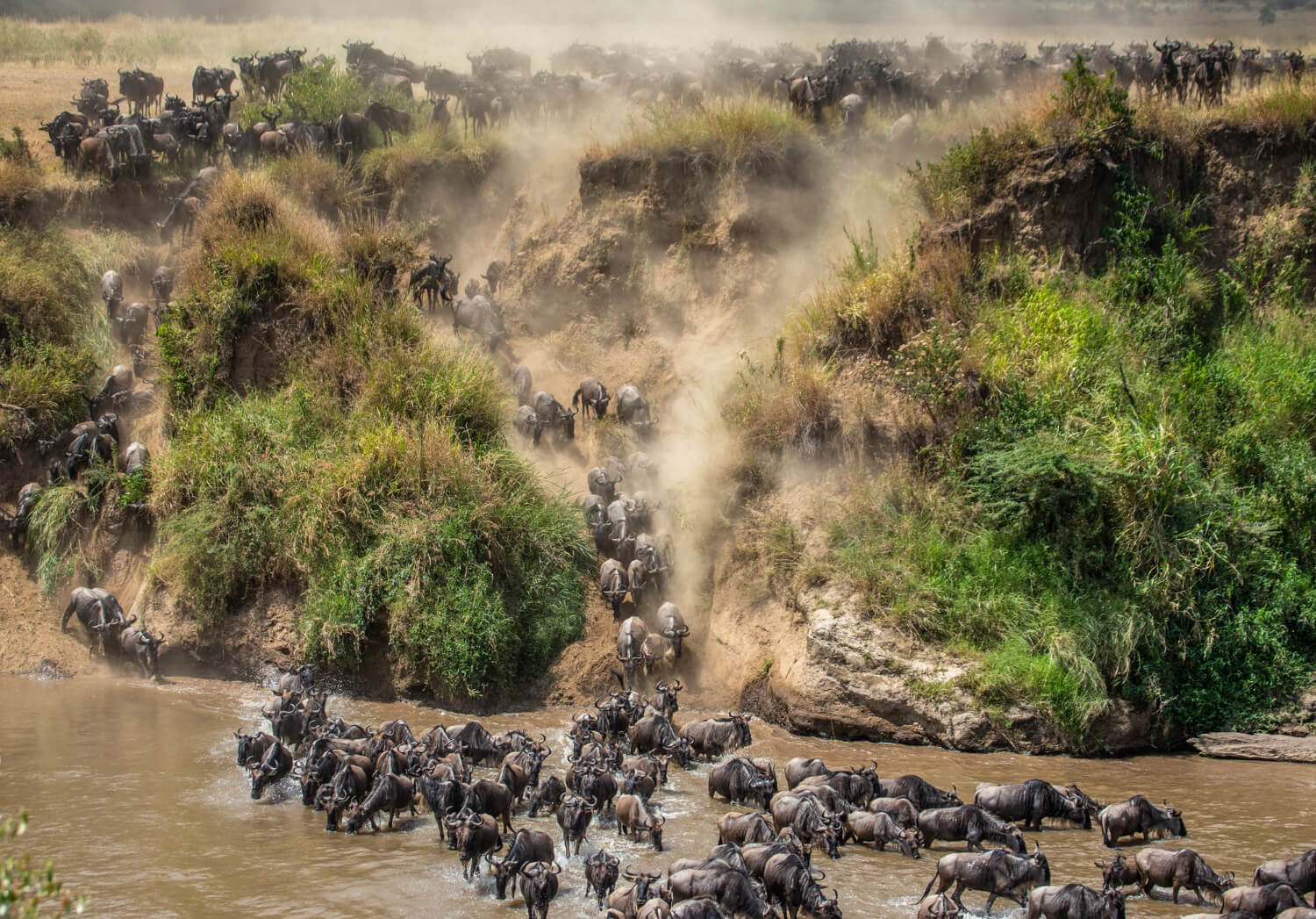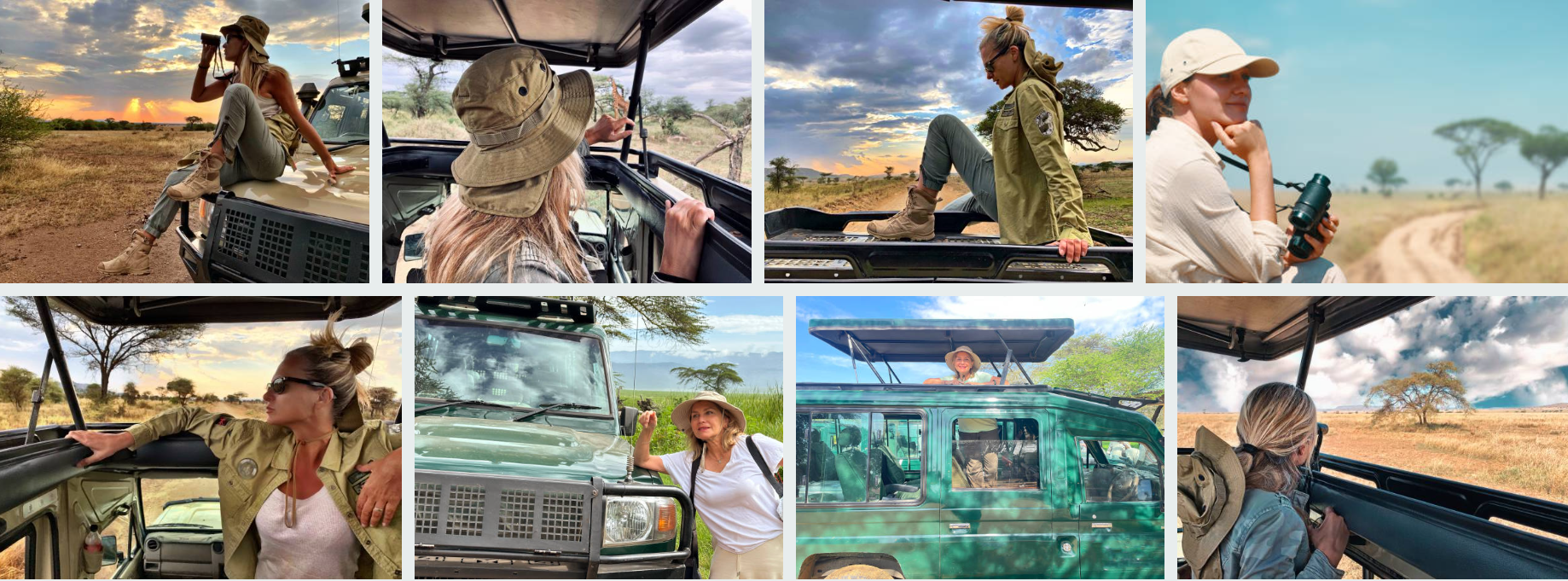
Female Safari Guides Tanzania, Tanzania is one of Africa’s premier safari destinations, renowned for its breathtaking landscapes, diverse wildlife, and the iconic Serengeti National Park and Mount Kilimanjaro. Traditionally, the safari industry in Tanzania—like in many other African countries—has been male-dominated. However, in recent years, there has been a growing movement to include more women in this field.
This article explores the presence of female safari guides in Tanzania, the challenges they face, their contributions to the industry, and how travelers can support them.
For decades, safari guiding in Tanzania was considered a man’s job due to cultural norms, physical demands, and safety concerns. However, organizations like the Tanzania Professional Safari Guides Association (TPSGA) and various tourism companies have been actively encouraging women to enter the profession.
Today, while still a minority, female safari guides are gradually increasing in number. Some of the first women to break into this field have become role models, inspiring others to follow suit.
Becoming a safari guide in Tanzania requires rigorous training and certification. The Tanzania Wildlife Management Authority (TAWA) and the National College of Tourism (NCT) offer courses in wildlife management, conservation, and tour guiding.
Several initiatives specifically target women:
The Guide Foundation: Provides scholarships for women pursuing safari guide certifications.
Asilia Africa’s “Women in Guiding” Program: Aims to train and employ female guides.
&Beyond’s Guide Training Program: Includes female participants in their guide training initiatives.
These programs help women gain the necessary skills in wildlife tracking, first aid, vehicle mechanics, and customer service.
Several Tanzanian women have made a name for themselves in the safari industry:
Neema Amos: One of Tanzania’s first female safari guides, now a senior guide with a luxury tour company.
Angel Mbuthia: A Kenyan-Tanzanian guide who has worked in the Serengeti and Ngorongoro.
Regina Mushi: A wildlife expert and guide who advocates for more women in conservation.
These women have proven that gender does not determine capability in the bush, and their success paves the way for future generations.

Despite progress, female safari guides in Tanzania still encounter obstacles:
In many Tanzanian communities, outdoor professions like safari guiding are seen as unsuitable for women. Families may discourage daughters from pursuing this career, preferring more “traditional” roles like teaching or nursing.
Working in remote areas with wild animals presents risks. Some employers hesitate to hire female guides due to perceived vulnerabilities, though many women have proven themselves just as capable as their male counterparts.
Since most guides are male, women may struggle to find mentors or build professional networks. Initiatives like Women in Tourism Tanzania (WITT) help bridge this gap.
Some clients, particularly from conservative cultures, may express discomfort with female guides, believing men are more knowledgeable or authoritative. Changing these perceptions takes time.
Women often bring different storytelling styles, focusing on ecology, animal behavior, and cultural history in unique ways. This diversity enriches the safari experience.
When women work as guides, they challenge stereotypes and inspire young girls to pursue unconventional careers. This empowerment has a ripple effect in communities.
Many travelers, especially women and families, appreciate having female guides. Some feel more comfortable discussing conservation or cultural topics with them.
The global tourism industry thrives on inclusivity. By supporting female guides, Tanzania sets an example for other African nations.
Companies like Asilia Africa, &Beyond, and Nomad Tanzania actively hire female guides. Research and book with operators that promote gender diversity.
If you prefer a woman-led safari, ask your tour company in advance. Increased demand encourages more opportunities for female guides.
Word-of-mouth recommendations matter. If you have a great experience with a female guide, leave reviews, share on social media, and recommend her to others.
Donations to organizations like The Guide Foundation or African Women in Tourism help fund scholarships for aspiring female guides.
The trend is shifting. More women are entering guide training programs, and the industry is slowly recognizing their value. With continued support from travelers, NGOs, and progressive tour operators, Tanzania could see a significant rise in female safari guides in the coming decade.
More scholarships and mentorship programs for women in guiding.
Public awareness campaigns to change cultural perceptions.
Government policies encouraging gender diversity in tourism.
Yes, there are female safari guides in Tanzania, though they remain underrepresented. These women are breaking barriers, enriching the safari experience, and reshaping the industry’s future. By choosing female-led safaris and supporting training initiatives, travelers can contribute to a more inclusive and equitable tourism sector in Tanzania.
The next time you plan a Tanzanian safari, consider requesting a female guide—you might just have the most inspiring and transformative wildlife experience of your life.
